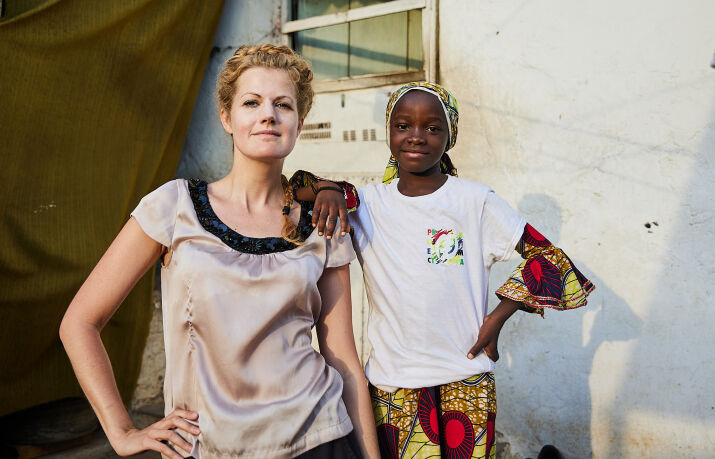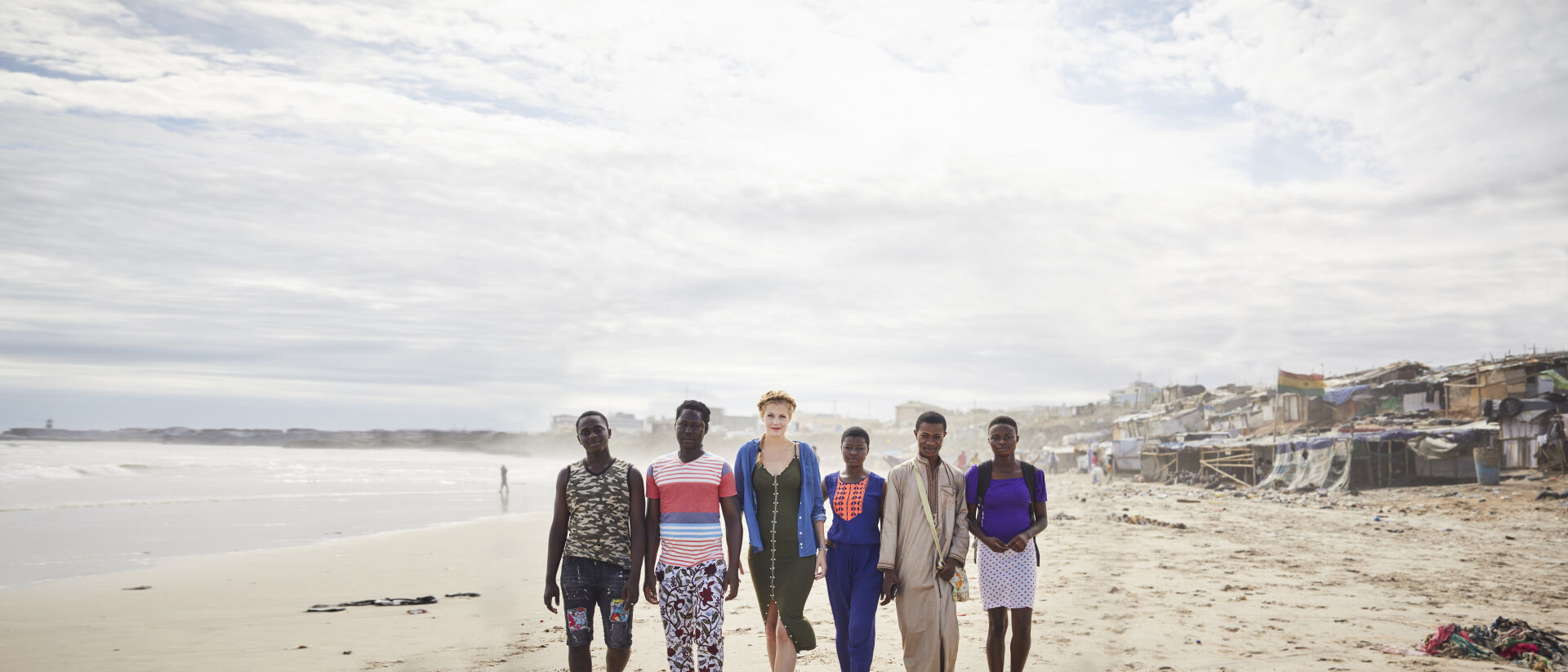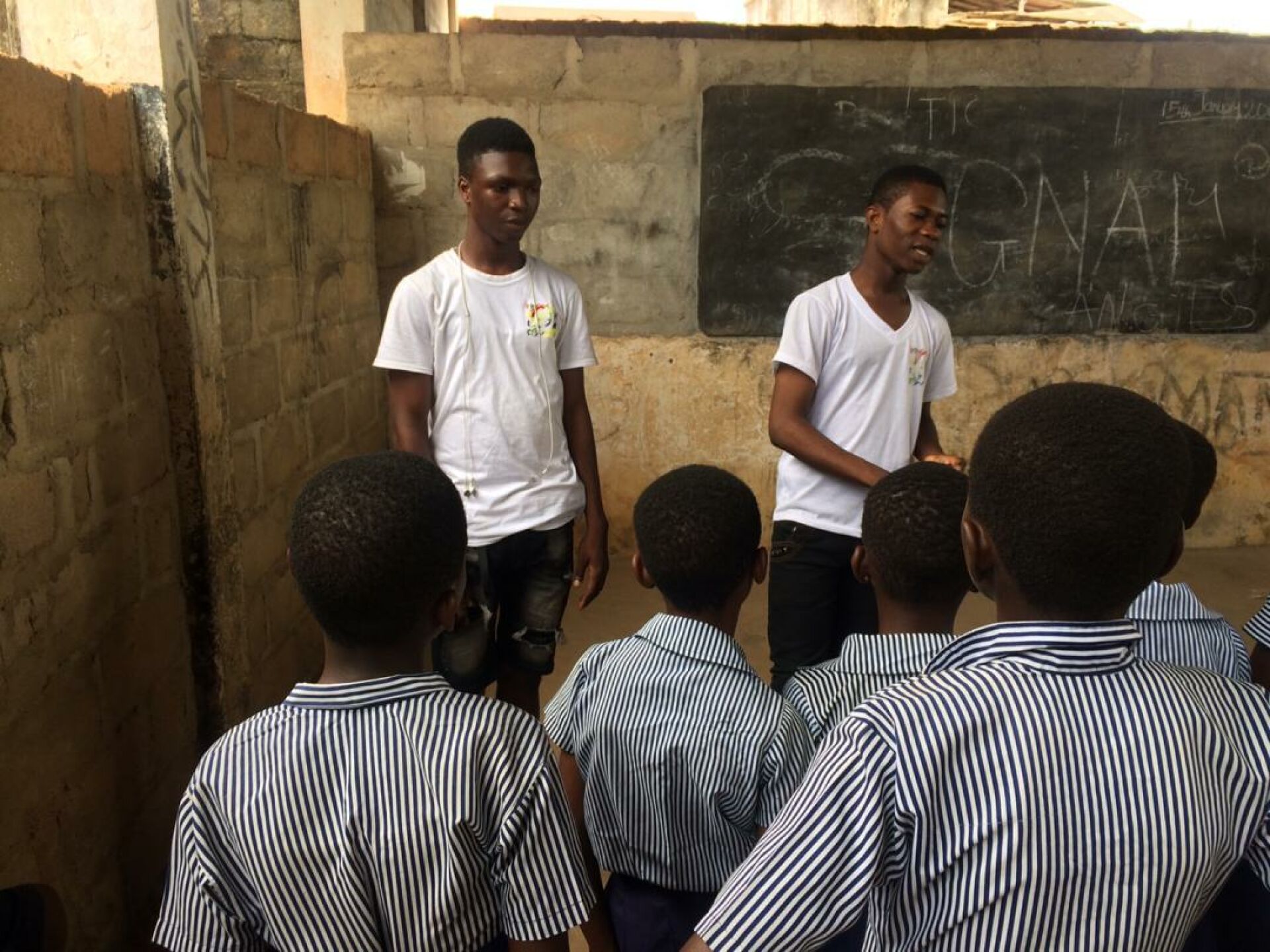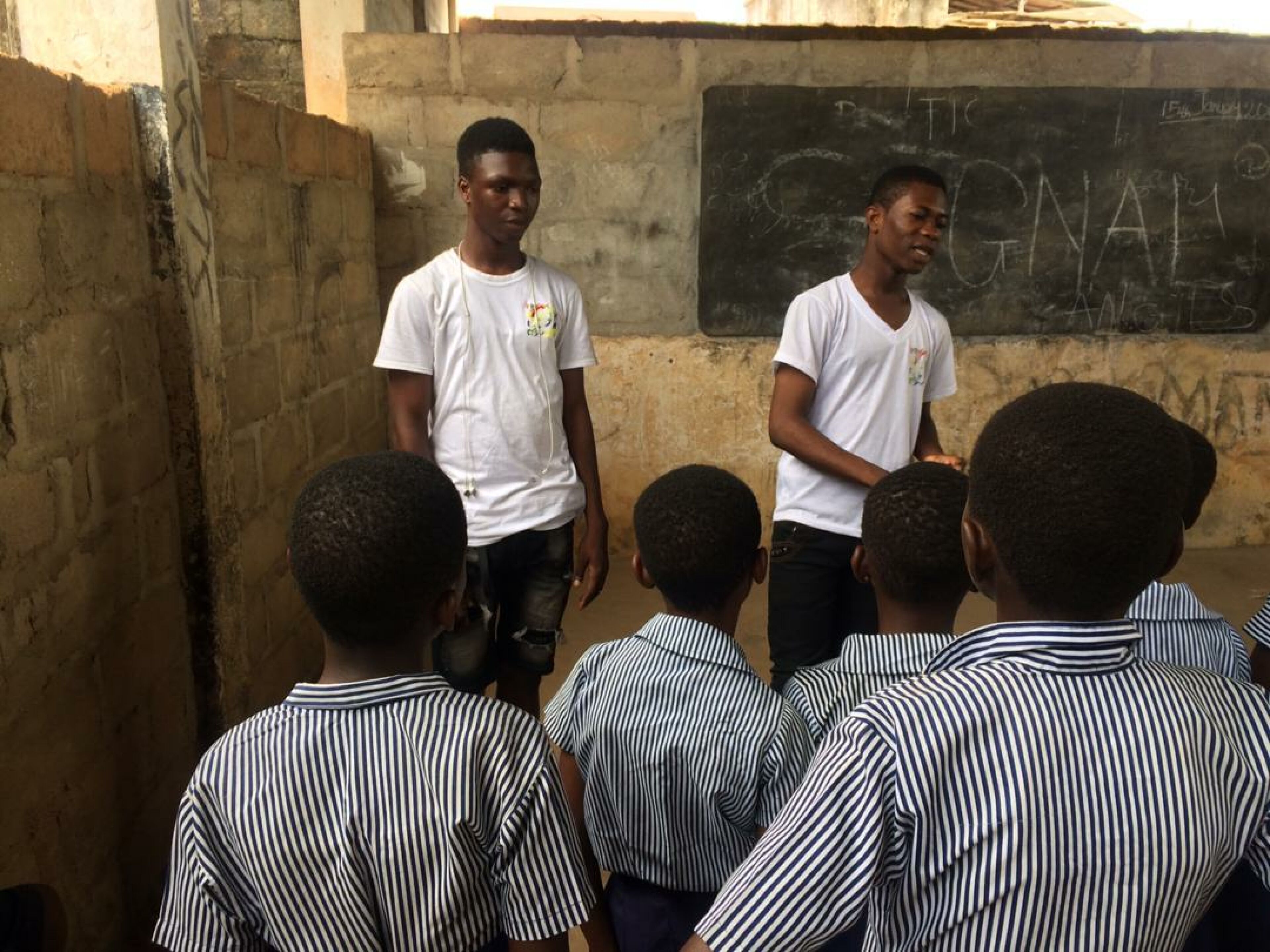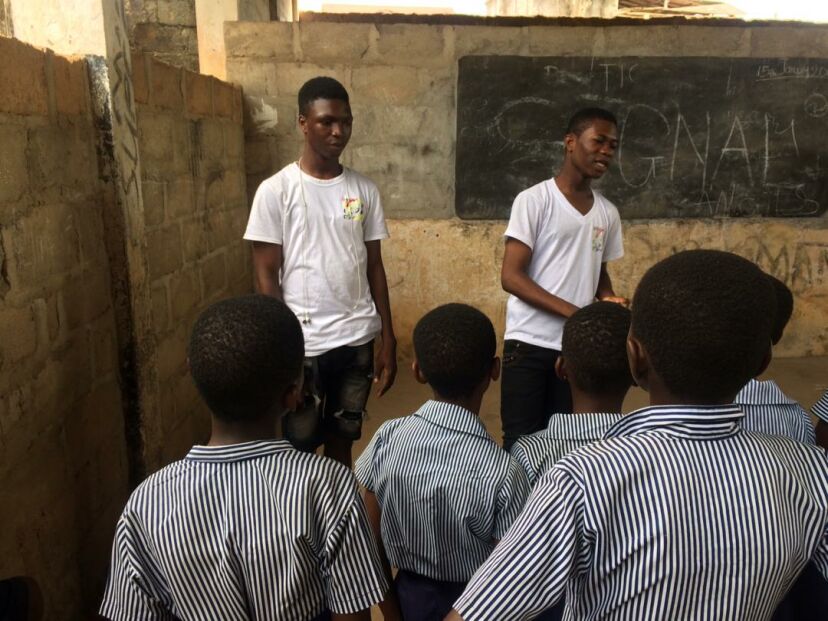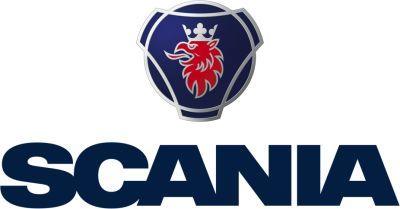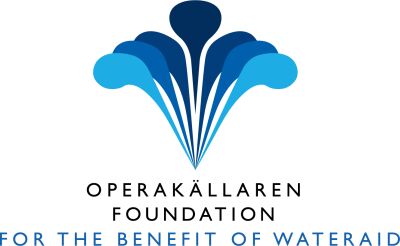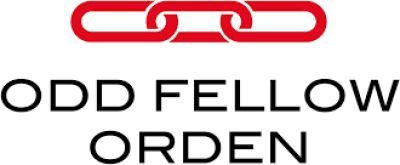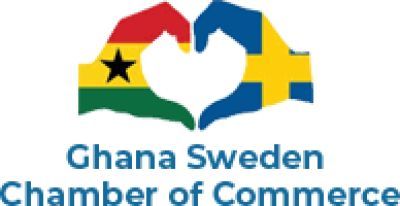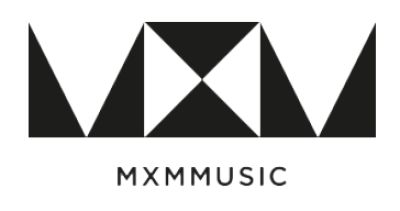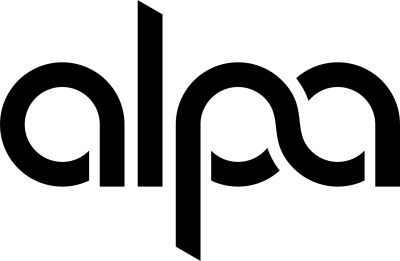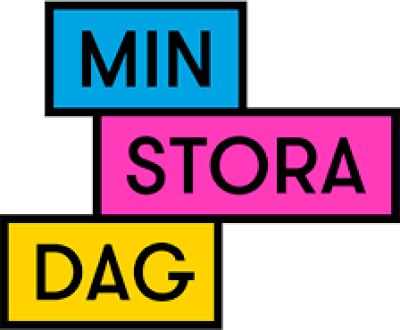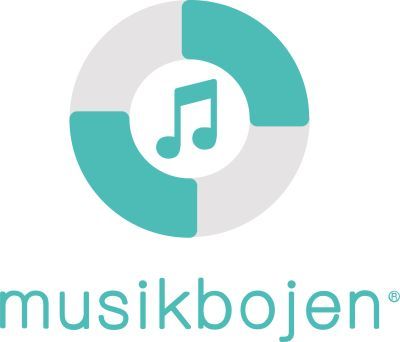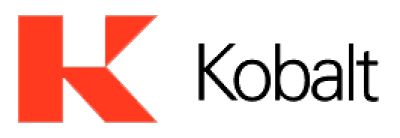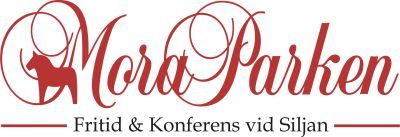PROJECT NIMA – THE NEXT GENERATION AID ORGANISATION
Project Nimas work in a short video.
Project Nima on Swedish Television - SVT
Watch SVT's reportage on Project Nima's successful work to spread knowledge on Corona through music made thanks to Max Martin.
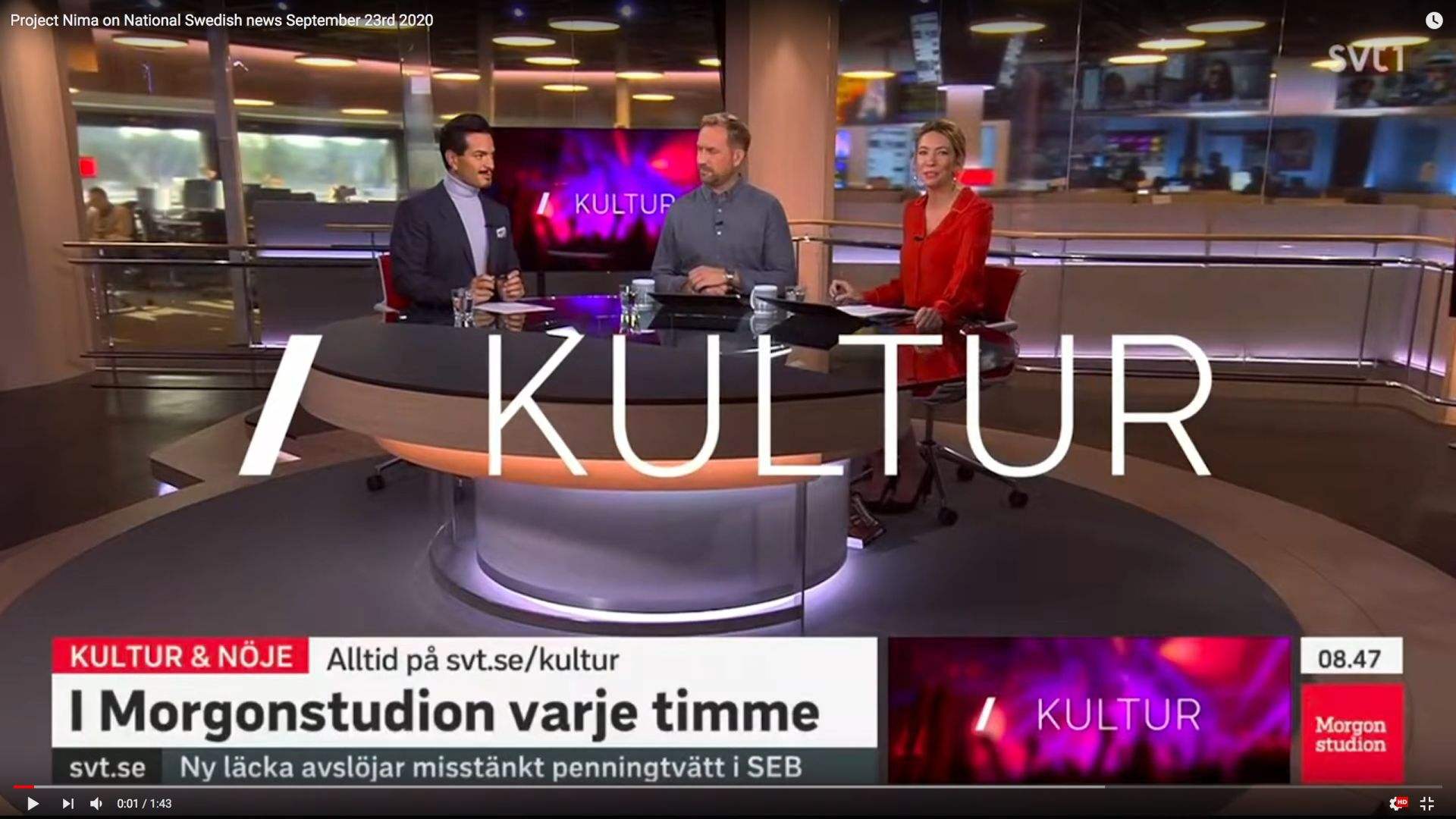
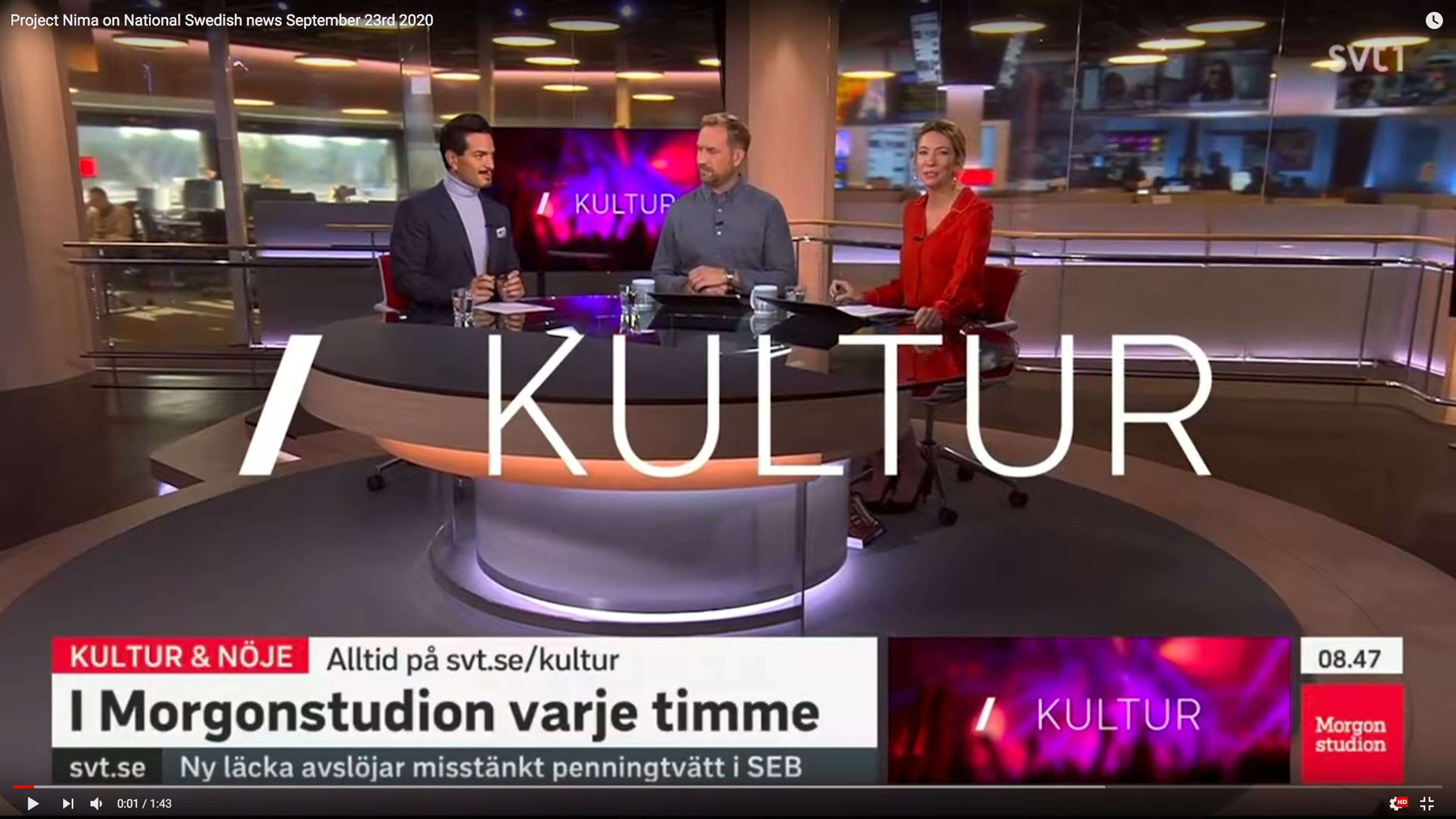
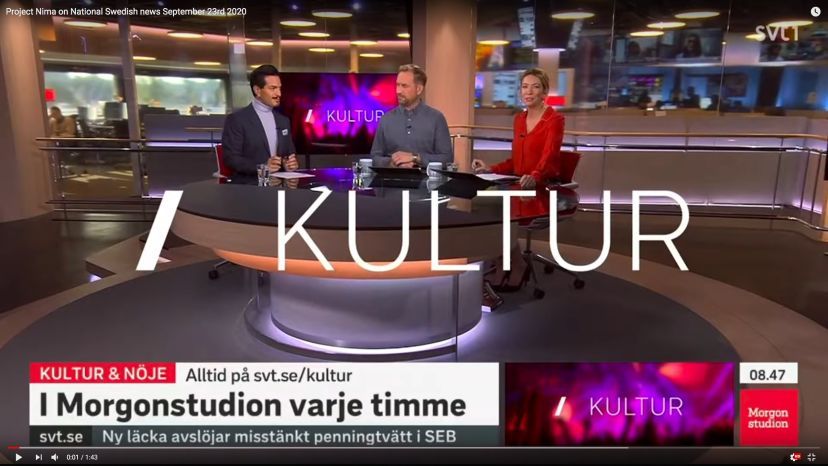
Project Nima also focuses on creating sustainable and accessible educational tools that can be used by all educational levels, economic status or geographical conditions, for example by creating educational materials through music and dance.
Project Nima also engages other organisations to participate in workshops, seminars and implement projects that are in line with the Project Nima's values, which benefits both youths and communities. The philosophy of letting youths inspire and learn from each other creates a ripple effect of empowerment and education through the participant communities.
You should feel proud and special about being a part of Project Nima.
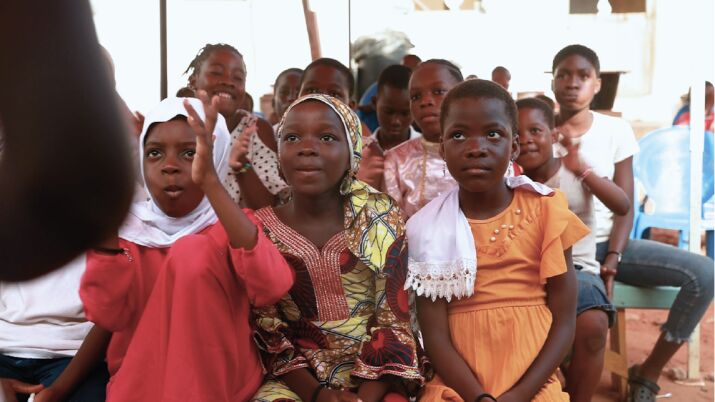
Project Nima has created the next generation aid organisation by having a uniquely innovative and modern approach to aid and social empowerment. In Project Nima everyone is an active participant, with valuable knowledge and skills, and no one is seen as merely a passive recipient.
Established in 2012, the organisation is represented by youths known as Project Nima ambassadors, young people aged 12-20. The organisation educates the ambassadors through internal and external experts. The ambassadors in turn educate the wider youth community, through schools, seminars, workshops and other tools including the use of social media networks. Project Nima’s core educational subjects are human rights, child exploitation, trauma therapy, sustainable education and combating corruption.
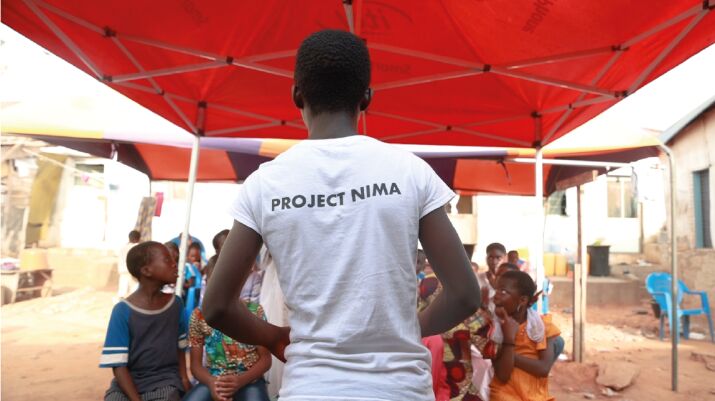
Project Nima is a platform where the receiver also has a voice.
– Sadiya Haruna, Project Nima ambassador Ghana, 15 yrs
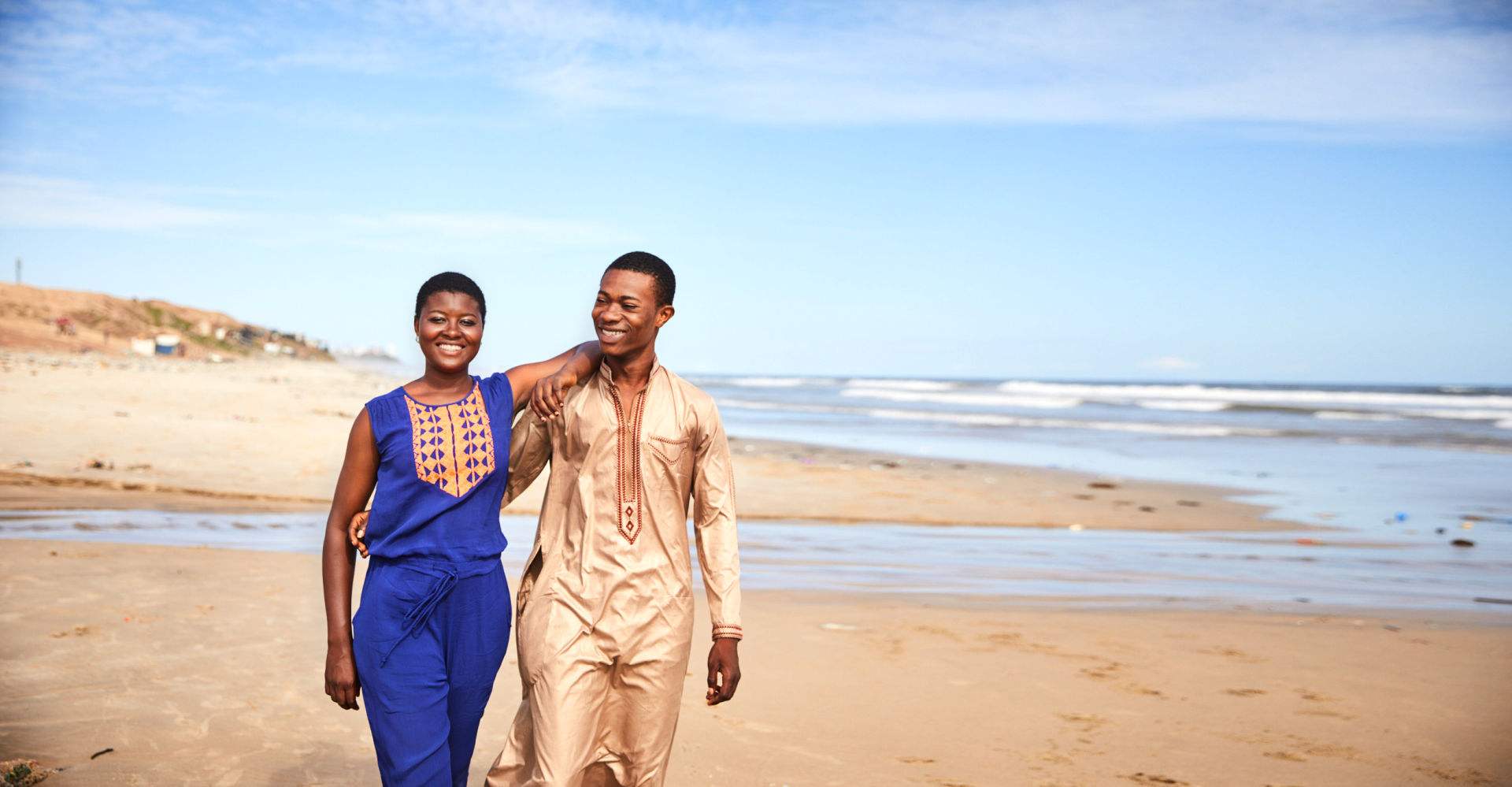
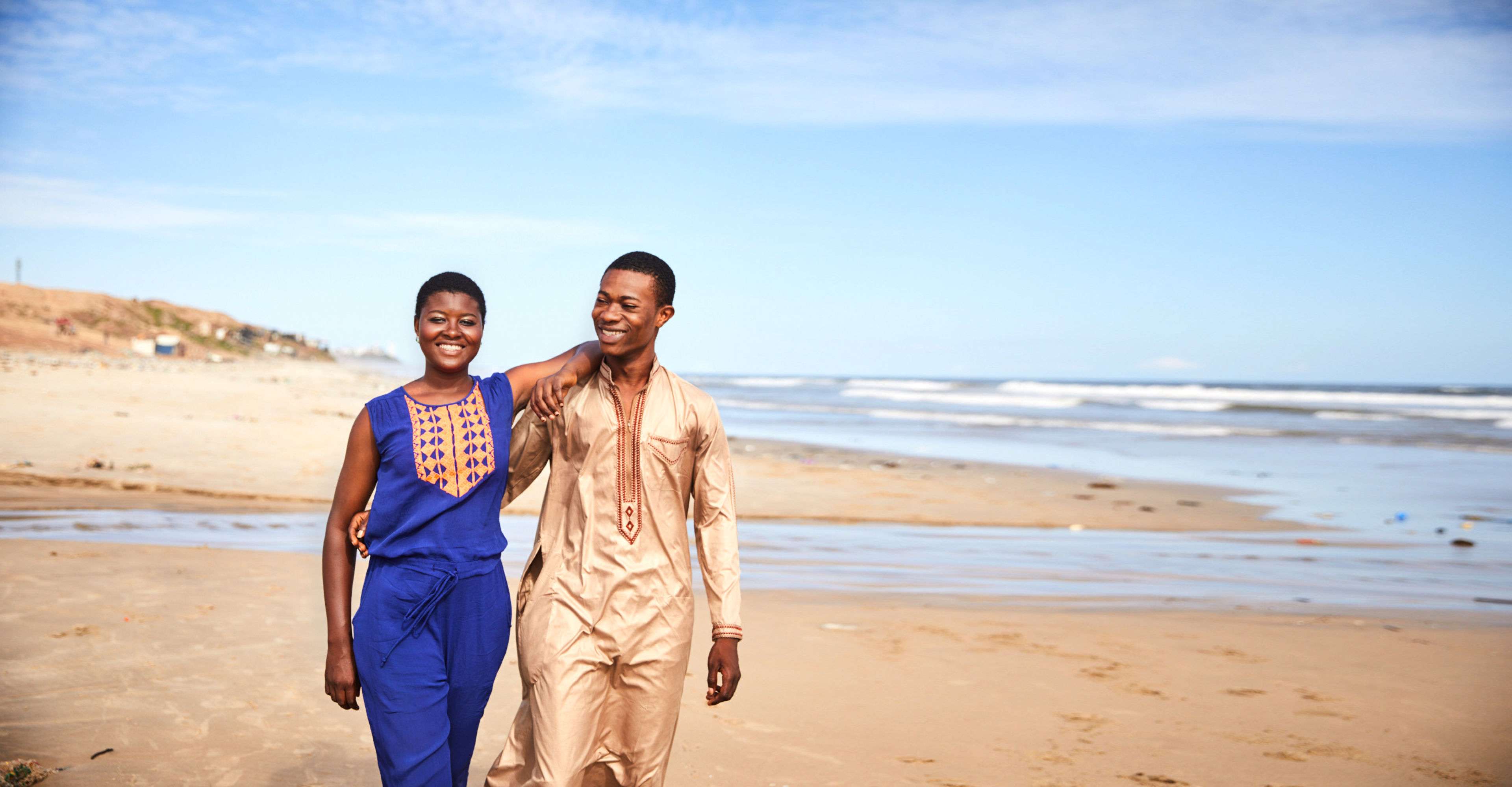
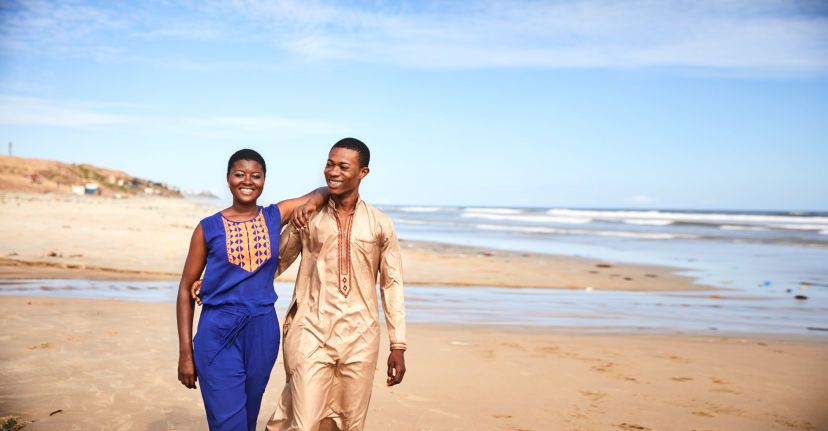
Project Nima's ambassadors tell us about their organisation
project nima is the best organisation i have ever heard of because there i have met the person i want to become.
- Ahmed Issaka, Project Nima ambassador Ghana 16yrs
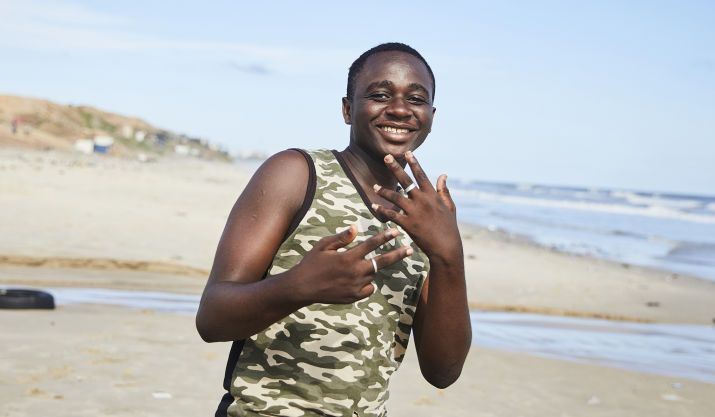
OUR METHOD
Project Nima started in the slum area Nima in Ghana, but today consists of a group of Swedish and Ghanaian teenagers. The core of our organisation is mutual participation. Together, we give each other knowledge, confidence, and experience in both directions. This is how we create change.
Everyone involved in Project Nima in Ghana comes from Nima, a slum area in Accra. We started with ten young people, all of whom, throughout their lives, have been the recipients of support from aid organisations. Through this, they had a unique knowledge of what kind help of actually worked and what kind of help didn’t.
With the young people themselves as co-founders of Project Nima, they got to participate and actively create an organisation where they could use these experiences to do something different and more sustainable.
The result speaks for itself.
Today we have hundreds of volunteers in the slums as well as around the poorest areas in Ghana. People were given a platform to create change, grow, and feel that their actions were important to others in the world.
The method will now be tested in Sweden to see if we can create the same commitment between areas. We already have a Swedish Ambassador group which are learning from their young colleagues in Ghana.
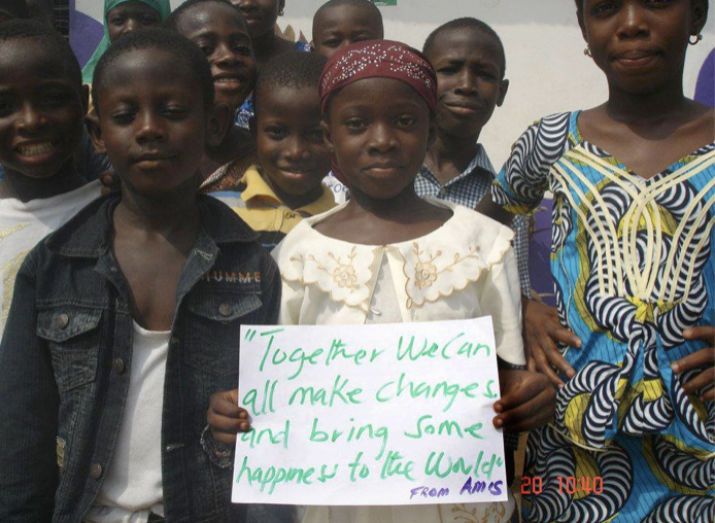
AID IN BOTH DIRECTIONS
Christina Wenngren noticed that through their involvement in Project Nima, the Swedish children became more confident, creative and happier. It gave a great insight into how sustainable change is actually created, says Christina.
The organisation wants to foster societal development based on mutual participation between young people from different socio-economic areas – both within and between countries.
The involvement created the inspirational idea that "I am important in the world" - a feeling they brought back to their schools and into their private lives.
- What did that knowledge do for Project Nima?
- Sustainability is created when everyone is given the opportunity to participate and feel that their knowledge and experiences matter. It is a very powerful tool for sustainable integration and how we together can create another type of human respect. Nobody knows everything, but together we know a lot! Especially if we dare to throw the knowledge net extra far out in the world, concludes Christina.
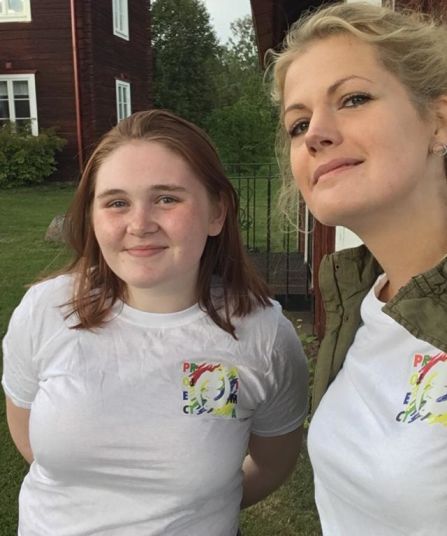
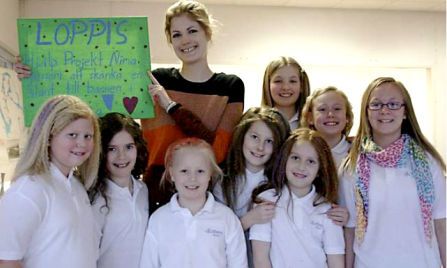
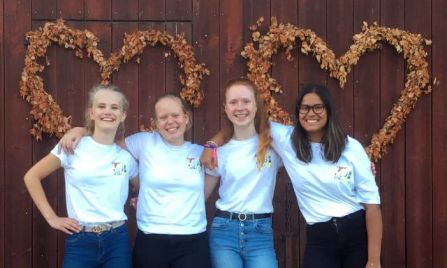
INTERACTION OVER NATIONAL BORDERS
With the help of social apps, the youths share knowledge and experiences with each other. The exchange is directed by the organizations’ Ambassadors who conduct education efforts through video calls where they together create unique education material that they can distribute among their communities.. They also call each other privately to discuss Project Nima’s core subjects or to exchange help with schoolwork. It is a platform where their thoughts, voices and opinions matter. Children in Nima often come up to the Ambassadors in Ghana and ask for help to broaden their education, but also to get help with personal or domestic issues. The Ambassadors then use the platform to get inspiration, knowledge and support.
The same is true in Sweden where the Ambassadors in Ghana support with knowledge concerning schoolwork on Africa and anti-bullying issues. This makes the platform not only into a means of broadening education, but also a steady pillar where they can find support and warmth.
This may sound simple, but it creates a unique way to create self-worth and strength in people. If you can help and support someone else, this gives a feeling of strength and importance.
And when people feel that feeling we create change – in ourselves and others.
Help must go in both directions.
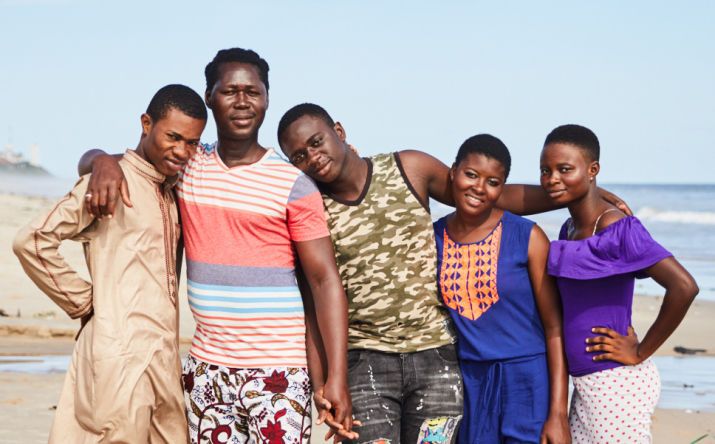
HOW HAVE AMBASSADORS IN NIMA HELPED CHILDREN IN SWEDEN?
It all started with a drawing, made by a child in Nima. It was sold for the benefit of “Min Stora Dag” in Sweden. This created much enthusiasm in Nima and the children gathered to sing and pray for the drawing to raise as much money as possible. It was sold for 2500 SEK!
The children’s joy at being able to help sick children in the western world was enormous.
This is how one of Project Nima's pillars was formed. Creating togetherness by helping others.
Another example is when one of our Ghanaian Ambassadors helped a girl in Sweden to feel better about herself. The girl felt stressed about having to be “perfect”. Social media, influencers, and school simply made her feel psychologically unwell. With help from the ambassador in Ghana, she learned to work with her self-esteem, stop trying to achieve constructed ideals and focus on what is really important in the world.
This changed her life - for real.
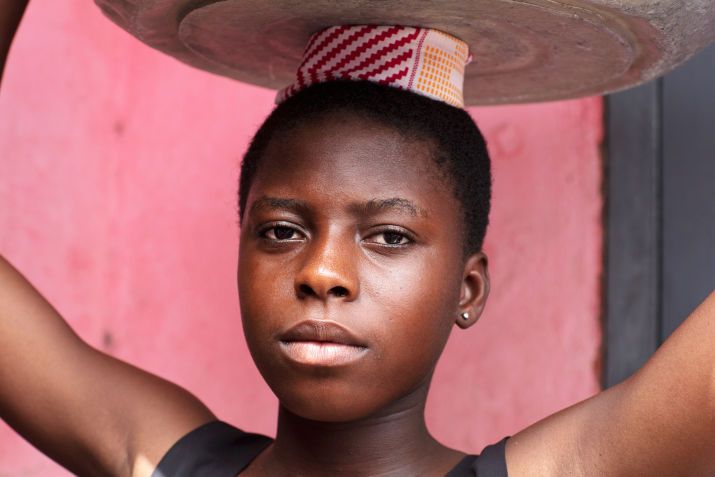
HOW HAVE AMBASSADORS IN SWEDEN HELPED CHILDREN IN GHANA?
A Swedish ambassador who has dyslexia made a movie explaining what dyslexia is and how you detect if you have it. She also gave advice to both parents and teachers on how to facilitate homework and study for children with dyslexia. But above all, she taught simple tips to facilitate reading for other children. The movie was greatly appreciated and is now used by both students and teachers in Ghana. Our Swedish ambassador grew enormously from being able to use her knowledge and experience to help other children.
It created change for children with dyslexia in Ghana - for real.
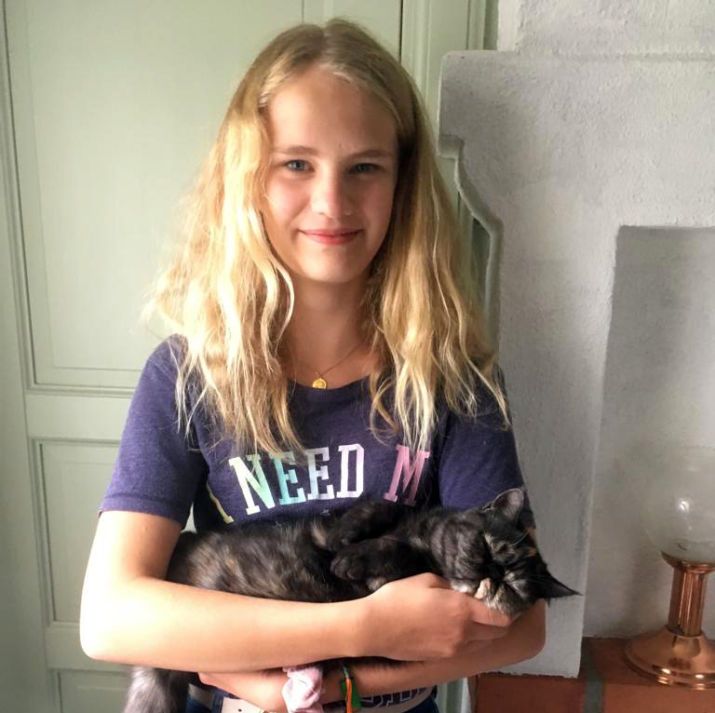
- HOW CAN PROJECT NIMA CREATE CHANGE IN THE WORLD?
Education and knowledge is nothing unique for Europe to give to Africa. We have exactly as much to learn the other way around.
In today's connected society, there is so much opportunity to share knowledge and learn from each other. We have technological possibilities to historically unprecedented connection and closeness between people, but despite this, the physical distance between us increases. This is both within and between countries. We want to change that.
The world is exciting, the world provides opportunities - but we must take care of it and each other. We do this by learning from each other, being inspired by each other, recognizing similarities and learning to respect differences, but always with human rights as a starting point. We are many in the world today and it is easier to move between countries than ever before. It makes it even more important that we not only see but also get to know the world. Everything goes both ways - just as with any friendship.
